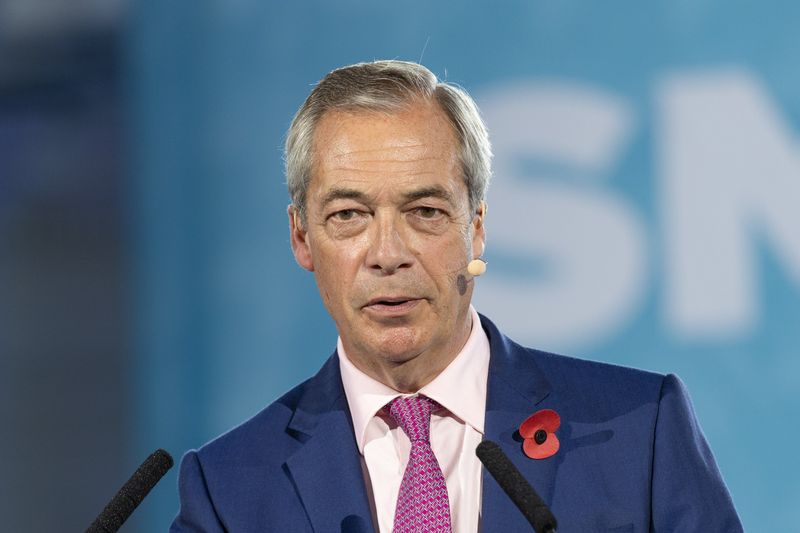In a stunning turn of events, the Supreme Court has stripped Donald Trump of his presidential immunity, paving the way for multiple criminal trials to proceed against the former president. This landmark decision, issued on October 21, 2025, marks a seismic shift in the legal landscape, as the court ruled 5-4 that immunity protections do not extend to personal or political actions. The implications are profound: Trump, once shielded from prosecution, now faces the very real prospect of standing trial for serious criminal charges.
 For over a year, Trump has relied on a broad interpretation of presidential immunity to delay proceedings in several high-profile cases, including allegations of election obstruction and mishandling classified documents. The Supreme Court’s latest ruling dismantles that defense, stating unequivocally that a president cannot invoke immunity to evade accountability for actions taken outside the scope of official duties. This ruling not only redefines the boundaries of presidential power but also signals a new era of judicial scrutiny over executive actions.
For over a year, Trump has relied on a broad interpretation of presidential immunity to delay proceedings in several high-profile cases, including allegations of election obstruction and mishandling classified documents. The Supreme Court’s latest ruling dismantles that defense, stating unequivocally that a president cannot invoke immunity to evade accountability for actions taken outside the scope of official duties. This ruling not only redefines the boundaries of presidential power but also signals a new era of judicial scrutiny over executive actions.
The urgency of this decision cannot be overstated. With trials already being scheduled—Trump’s election obstruction case set to resume in December 2025 and the classified documents case slated for February 2026—the former president will be forced to navigate the complexities of the courtroom while campaigning for re-election. This unprecedented scenario—where a sitting president faces criminal charges—threatens to overshadow the political landscape as the 2026 midterms approach.

As the legal clock ticks down, the ramifications extend beyond Trump’s immediate fate. The Supreme Court’s ruling could redefine the accountability of future presidents, reinforcing the principle that no one is above the law. Legal experts are already weighing in on the potential fallout, with many suggesting that this decision may have been influenced by lower court frustrations and the need to restore public confidence in the judiciary.
In an ironic twist, the urgency for this review was partly spurred by an attempt from a New Jersey congresswoman to leverage Trump’s immunity claim in her own legal troubles, prompting the court to clarify its stance. This ruling not only dismantles Trump’s last line of defense but also sends a clear message to all politicians: the era of unchallenged executive privilege may be coming to an end.
As Trump prepares to face the courts, the political implications are staggering. Republican candidates will be forced to confront the uncomfortable reality of supporting a president embroiled in legal battles while trying to maintain their electoral viability. The media spotlight will be unrelenting, with every courtroom development likely to dominate headlines and influence public perception.
In summary, the Supreme Court’s decision to strip Trump of immunity is not just a legal milestone; it is a pivotal moment in American history that could reshape the presidency as we know it. As the trials loom on the horizon, the nation braces for a tumultuous year ahead, where the intersection of law and politics will be tested like never before. The stakes have never been higher, and the outcome could redefine the very fabric of American democracy.





